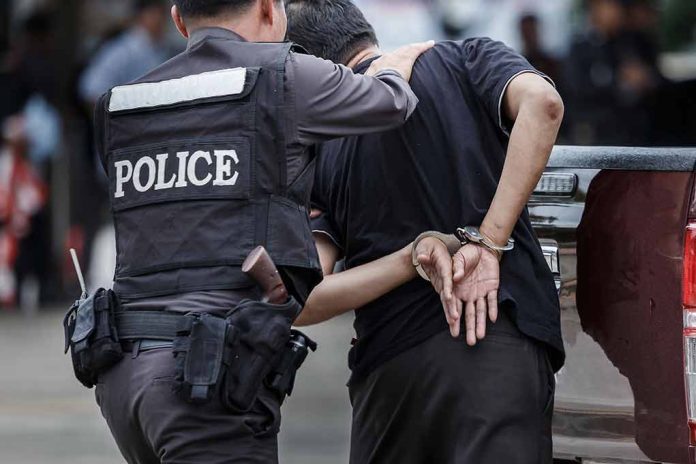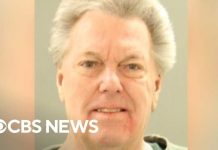
Bryan Kohberger’s legal team is desperately trying to save him from execution by firing squad by naming an alternate suspect in the brutal murders of four University of Idaho students, forcing the judge to set a May 23 deadline for concrete evidence.
Key Takeaways
- Bryan Kohberger’s defense must provide evidence of their alleged “alternative perpetrator” by May 23 or reveal the suspect’s identity, as ordered by Judge Steven Hippler.
- If convicted of the November 2022 murders of four University of Idaho students, Kohberger could face execution by firing squad.
- Defense attorneys are working to suppress critical evidence including DNA found on a knife sheath and security footage of Kohberger’s car.
- The trial is scheduled to begin August 11 and will be livestreamed with specific restrictions, including blackouts during surviving roommate testimony.
- Prosecutors have created a 3D diorama of the crime scene to help jurors understand the events of the murders.
Desperate Defense Strategy Emerges
As Bryan Kohberger’s August trial date approaches for the alleged murders of four University of Idaho students, his defense team has pivoted to a strategy claiming someone else committed the crimes. Judge Steven Hippler addressed this tactic during Thursday’s hearing, demanding Kohberger’s lawyers provide substantial evidence or disclose the identity of this purported alternate suspect by May 23. The defense’s current proffer regarding this alternative perpetrator theory remains sealed from public view, heightening speculation about their evidence and strategic approach.
Former prosecutor Andrea Lewis expressed skepticism about the defense’s chances of success with this strategy. “Look at what we’ve seen from the defense so far in this case. They are struggling here. The evidence is overwhelming, so this is really no surprise,” Said Andrea Lewis.
High Stakes and Severe Consequences
Kohberger stands accused of the November 13, 2022, stabbings of Xana Kernodle, Madison Mogen, Kaylee Goncalves, and Ethan Chapin. After his arrest on December 30, 2022, in Pennsylvania, the case drew national attention. The gravity of the situation became even clearer when a judge recently ruled that Kohberger’s autism diagnosis would not prevent him from receiving the death penalty if convicted. Idaho law would potentially allow execution by firing squad, placing enormous pressure on the defense team to create reasonable doubt.
“Bryan Kohberger’s lawyers are trying to save his life by pinning the grisly slayings of four University of Idaho students in 2022 on someone else, a judge revealed Thursday,” Said Steven Hippler.
The judge has scheduled another hearing for June 18 regarding the alternate suspect claim, with trial proceedings set to begin on August 11. The court has arranged for livestreaming of the trial with specific camera placements and no production edits, though broadcasts will be shut down during testimony from the surviving roommates who witnessed parts of the attack. One of these roommates reportedly identified a man with “bushy eyebrows” as the suspect, which prosecutors claim matches Kohberger’s description.
Evidence Battles Intensify
Beyond the alternate suspect theory, Kohberger’s defense team is aggressively working to suppress key evidence that could prove damning at trial. They’ve filed motions to exclude DNA found on a knife sheath at the crime scene and security camera footage that allegedly shows Kohberger’s car in the vicinity of the murders. These attempts to undermine the prosecution’s case demonstrate the defense’s recognition of the substantial evidence against their client and their increasingly desperate measures to create reasonable doubt.
“I do not believe that the judge is going to allow this in,” Stated Andrea Lewis.
Prosecutors have prepared extensively for the trial, creating a detailed 3D diorama of the crime scene to help jurors understand the sequence of events. The defense has also requested the exclusion of certain terms during the trial, such as “murder” and “bushy eyebrows,” claiming these could prejudice the jury. Judge Hippler moved parts of Thursday’s hearing into a private session after the lunch break, suggesting the sensitive nature of the discussions about potential alternate suspects and evidence admissibility that will shape this high-profile murder trial.




